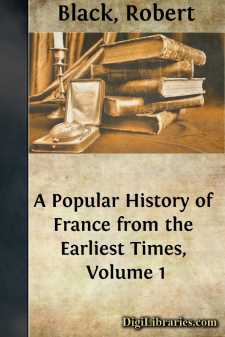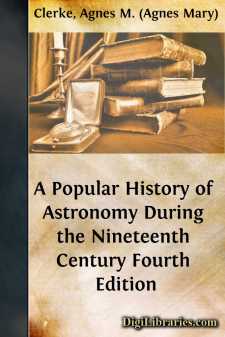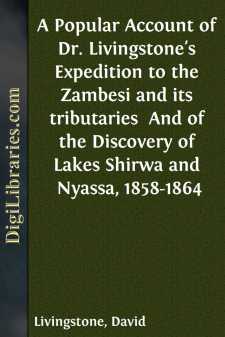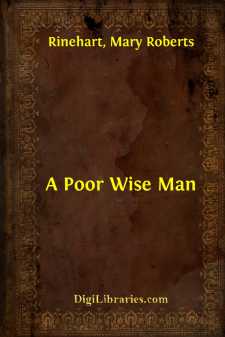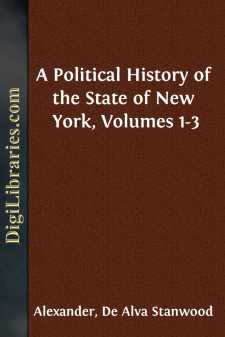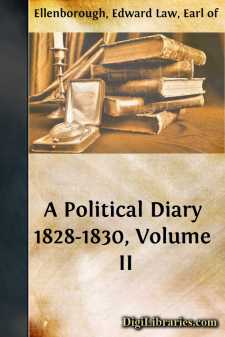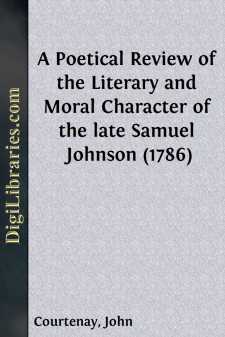Categories
- Antiques & Collectibles 13
- Architecture 36
- Art 48
- Bibles 22
- Biography & Autobiography 813
- Body, Mind & Spirit 142
- Business & Economics 28
- Children's Books 15
- Children's Fiction 12
- Computers 4
- Cooking 94
- Crafts & Hobbies 4
- Drama 346
- Education 46
- Family & Relationships 57
- Fiction 11829
- Games 19
- Gardening 17
- Health & Fitness 34
- History 1377
- House & Home 1
- Humor 147
- Juvenile Fiction 1873
- Juvenile Nonfiction 202
- Language Arts & Disciplines 88
- Law 16
- Literary Collections 686
- Literary Criticism 179
- Mathematics 13
- Medical 41
- Music 40
- Nature 179
- Non-Classifiable 1768
- Performing Arts 7
- Periodicals 1453
- Philosophy 64
- Photography 2
- Poetry 896
- Political Science 203
- Psychology 42
- Reference 154
- Religion 513
- Science 126
- Self-Help 84
- Social Science 81
- Sports & Recreation 34
- Study Aids 3
- Technology & Engineering 59
- Transportation 23
- Travel 463
- True Crime 29
Sort by:
by:
Robert Black
CHAPTER I. GAUL. The Frenchman of to-day inhabits a country, long ago civilized and Christianized, where, despite of much imperfection and much social misery, thirty-eight millions of men live in security and peace, under laws equal for all and efficiently upheld. There is every reason to nourish great hopes of such a country, and to wish for it more and more of freedom, glory, and prosperity; but one...
more...
INTRODUCTION We can distinguish three kinds of astronomy, each with a different origin and history, but all mutually dependent, and composing, in their fundamental unity, one science. First in order of time came the art of observing the returns, and measuring the places, of the heavenly bodies. This was the sole astronomy of the Chinese and Chaldeans; but to it the vigorous Greek mind added a highly...
more...
PREFACE. It has been my object in this work to give as clear an account as I was able of tracts of country previously unexplored, with their river systems, natural productions, and capabilities; and to bring before my countrymen, and all others interested in the cause of humanity, the misery entailed by the slave-trade in its inland phases; a subject on which I and my companions are the first who have...
more...
CHAPTER I The city turned its dreariest aspect toward the railway on blackened walls, irregular and ill-paved streets, gloomy warehouses, and over all a gray, smoke-laden atmosphere which gave it mystery and often beauty. Sometimes the softened towers of the great steel bridges rose above the river mist like fairy towers suspended between Heaven and earth. And again the sun tipped the surrounding hills...
more...
PREFACE The substance of "A Poor Man's House" was first recorded in a journal, kept for purposes of fiction, and in letters to one of the friends to whom the book is dedicated. Fiction, however, showed itself an inappropriate medium. I was unwilling to cut about the material, to modify the characters, in order to meet the exigencies of plot, form, and so on. I felt that the life and the...
more...
by:
Laurence Sterne
SIR, In my last, for want of something better to write about, I told you what a World of Fending and Proving we have had of late, in this little Village of ours, about an old-cast-Pair-of-black-Plush-Breeches, which John, our Parish-Clerk, about ten Years ago, it seems, had made a Promise of to one Trim, who is our Sexton and Dog-Whipper.—To this you write me Word, that you have had more than either...
more...
PREFACE The preparation of this work was suggested to the author by the difficulty he experienced in obtaining an accurate knowledge of the movements of political parties and their leaders in the Empire State. "After living a dozen years in New York," wrote Oliver Wolcott, who had been one of Washington's Cabinet, and was afterwards governor of Connecticut, "I don't pretend to...
more...
DIARY April 1, 1829. The Duke of Wellington wrote to the King to ask if he had any objection to raising the galleries. He had none. So we sent for Sir T. Tyrwhit, and had him at the Cabinet dinner to ask him whether he could fix the galleries by four to-morrow. He said No. So we must do as we can. Forty foreigners applied for seats to-day after four o'clock. In the House I made the second reading...
more...
by:
John Courtenay
INTRODUCTION The eighteenth century was an age addicted to gossiping about its literary figures. This addiction was nowhere better demonstrated than by the countless reflections, sermons, poems, pamphlets, biographical sketches, and biographies about Samuel Johnson. The most productive phase of this activity commenced almost immediately after Johnson's death in December, 1784, and continued into...
more...
by:
Maria J. Moss
TO THE READER. Though cooks are often men of pregnant wit,Through niceness of their subject few have writ.’Tis a sage question, if the art of cooksIs lodg’d by nature or attain’d by books?That man will never frame a noble treat,Whose whole dependence lies in some receipt.Then by pure nature everything is spoil’d,—She knows no more than stew’d, bak’d, roast, and boil’d.When art and...
more...


